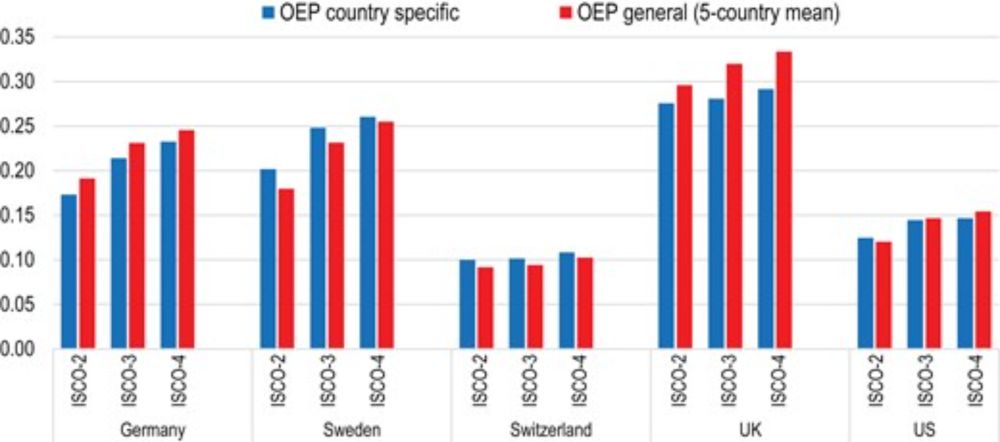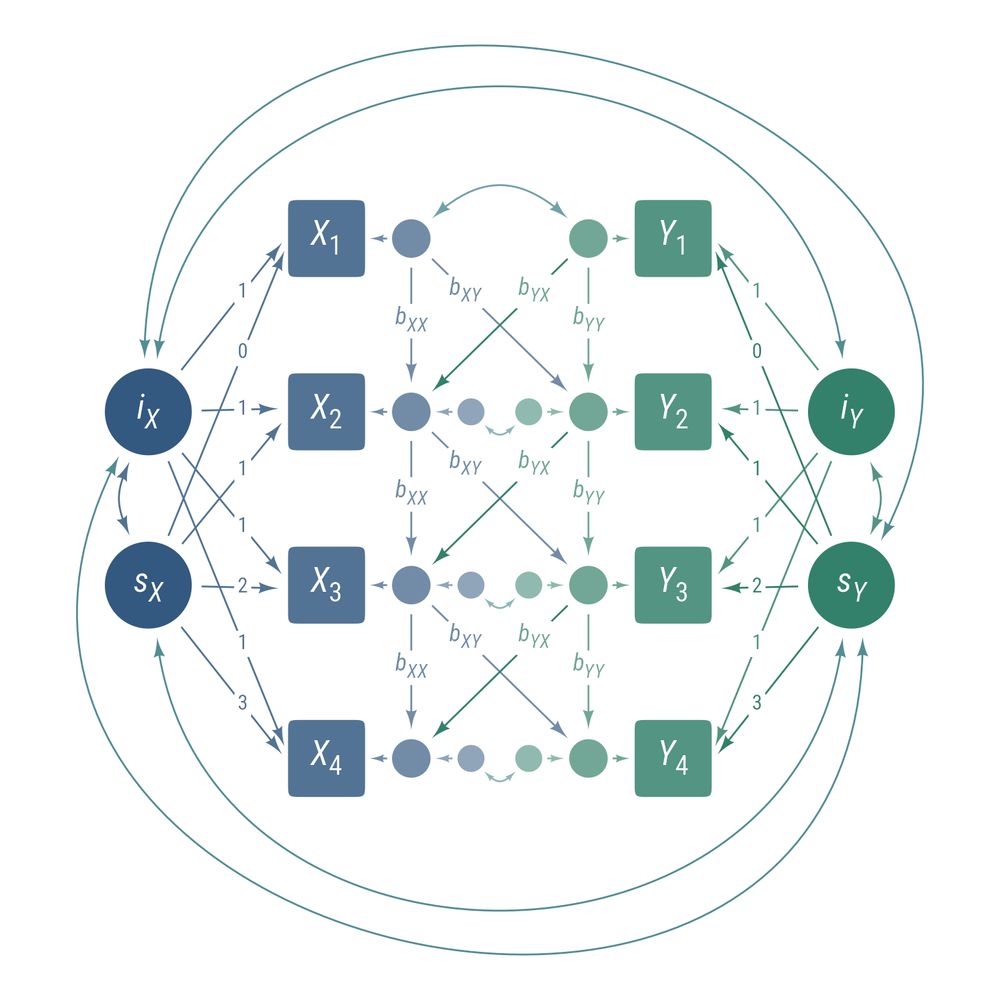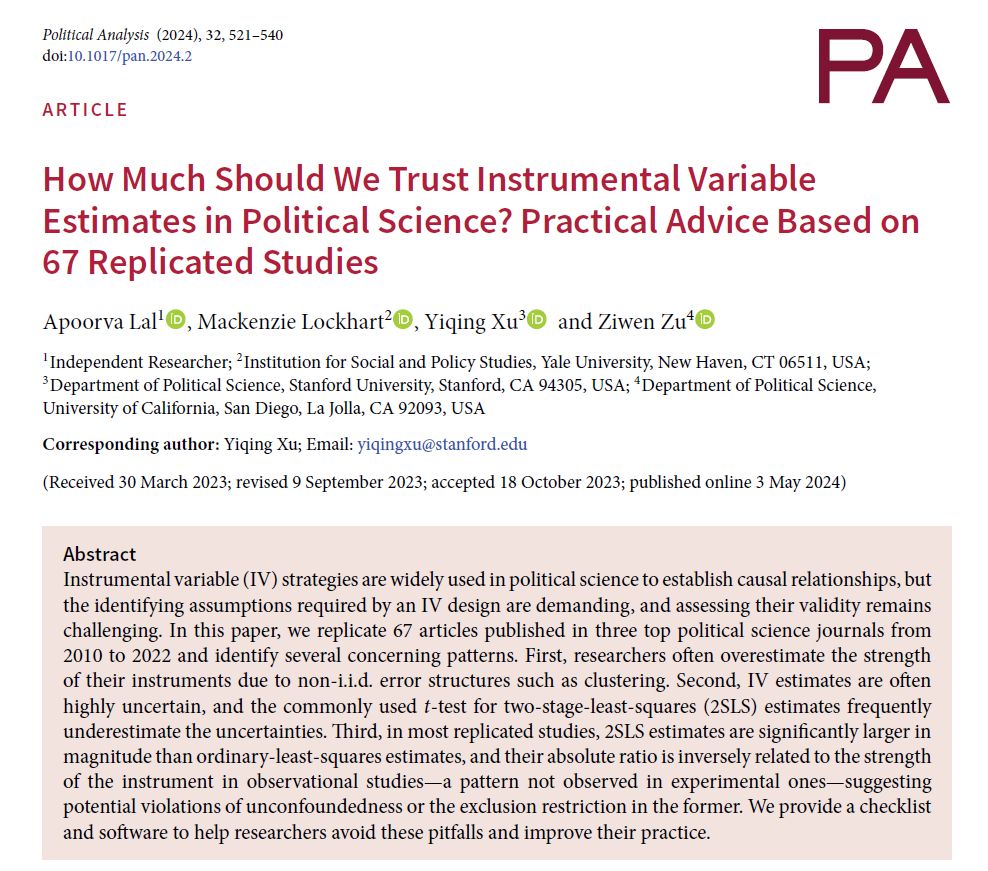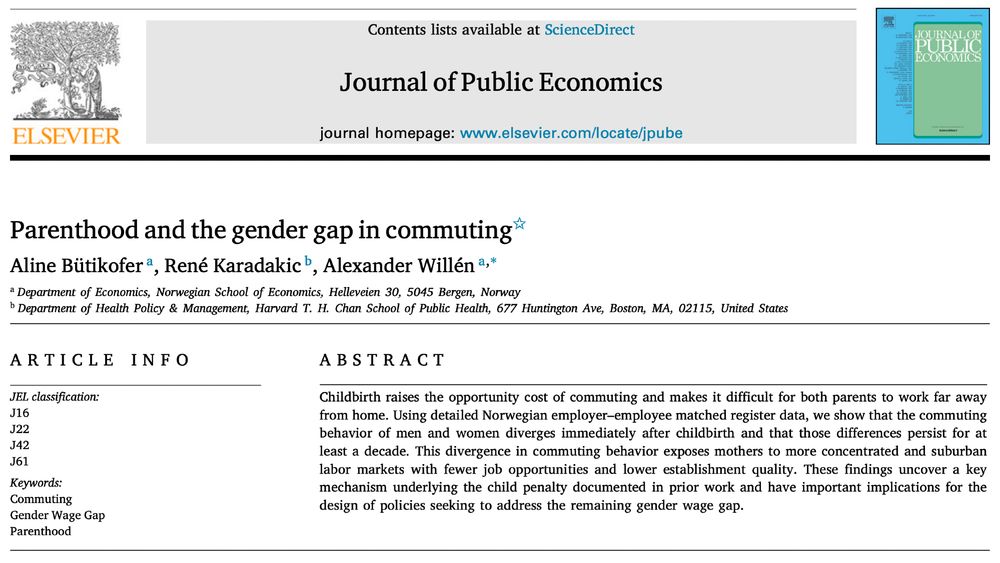Fabian Kalleitner
@kalf.bsky.social
1.1K followers
550 following
46 posts
Sociologist working @LMU Munich. Former FU Berlin & University of Vienna. I'm interested in social and economic inequality working on topics like taxation, (un)employment, and redistribution
https://fabiankal.github.io/
Posts
Media
Videos
Starter Packs
Reposted by Fabian Kalleitner
Reposted by Fabian Kalleitner
Reposted by Fabian Kalleitner
Reposted by Fabian Kalleitner
Reposted by Fabian Kalleitner
Reposted by Fabian Kalleitner
Reposted by Fabian Kalleitner
Reposted by Fabian Kalleitner
Reposted by Fabian Kalleitner
Reposted by Fabian Kalleitner
Klaus Pforr
@klauspforr.bsky.social
· Aug 27
Reposted by Fabian Kalleitner
Reposted by Fabian Kalleitner
Reposted by Fabian Kalleitner
Reposted by Fabian Kalleitner
Klaus Pforr
@klauspforr.bsky.social
· Aug 19

Rising Educational Divides in Attitudes: How Polarization across Cohorts Can Mask Age-Related Polarization
Article: Rising Educational Divides in Attitudes: How Polarization across Cohorts Can Mask Age-Related Polarization | Sociological Science | Posted August 19, 2025
sociologicalscience.com
Reposted by Fabian Kalleitner
Fabian Kalleitner
@kalf.bsky.social
· Aug 14
Reposted by Fabian Kalleitner
Reposted by Fabian Kalleitner
Katy Morris
@katymorris.bsky.social
· Aug 4

Occupational earning potential: a new measure of social hierarchy in Europe and the US
Abstract. Social stratification is interested in unequal life chances and assumes the existence of a hierarchy of more or less advantageous occupations. Ye
academic.oup.com
Reposted by Fabian Kalleitner
Reposted by Fabian Kalleitner



















